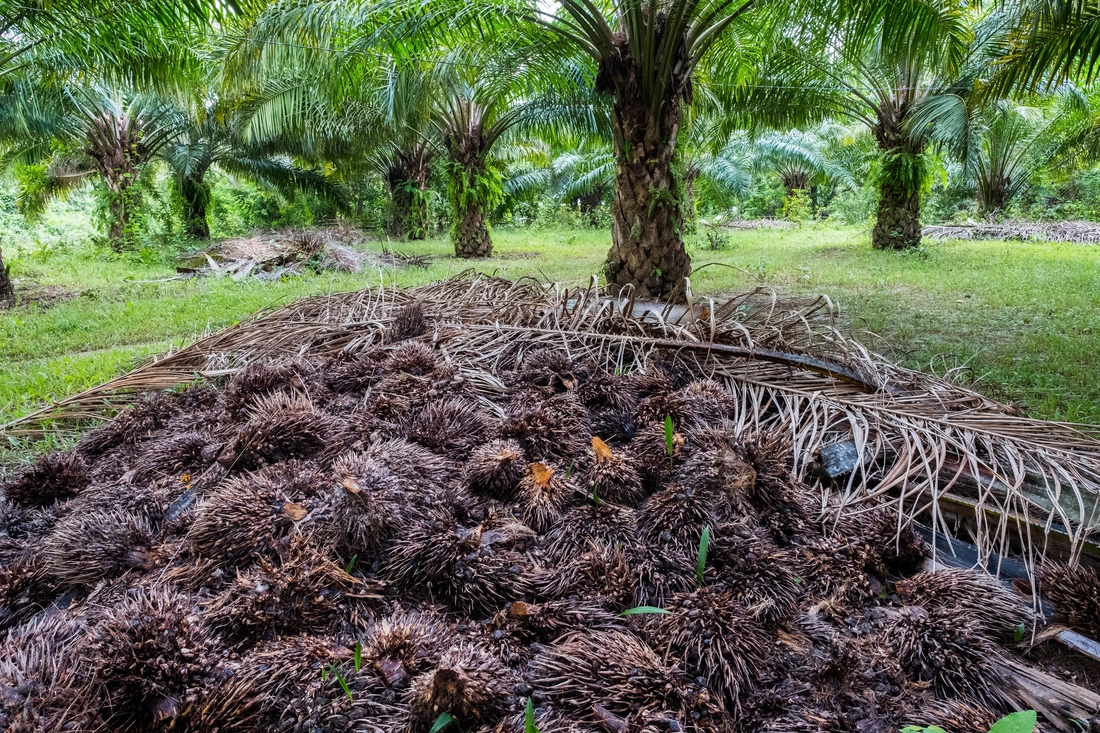Renewable Energy: UNFCCC

Overview: Steam-generating boiler fuelled by local waste biomass products

The biomass boiler has been installed by INOLASA, a producer of high quality soybean products located in the province of Puntarenas in Costa Rica. The boiler replaces a conventional coal-fired boiler and is fuelled by a wide-range of biomass fuel sources that would otherwise be abandoned or disposed of without proper management. The boiler has a capacity to produce steam at a rate of 35 tonnes per hour.
Benefits: Emissions reductions and sustainable development
The project reduces local air pollution and environmental contamination, as well as lowering the levels of greenhouse gas emissions. This biomass boiler replaces the use of coal and consumes a wide range of renewable biomass, including palm kernel shells, empty fruit bunches, sugar cane bagasse and wood wastes. These biomass fuels are waste products that pollute the local environment when disposed of without proper management: soil contamination when left to decay; carbon emissions when burnt in the field. Furthermore biomass contains lower sulphur than coal leading to lower Sulphuroxide (SOx) emissions. The project has also led to a number of social improvements for local inhabitants, including school upgrade projects and local employment opportunities.
Project Carbon Credits
The project methodology and compliance with the United Nations Framework Convention on Climate Change and was validated by TÜV Nord in 2018. Average annual greenhouse gas reductions by this project amount to 50,710 tonnes of CO2 equivalent (documentation available upon request).


